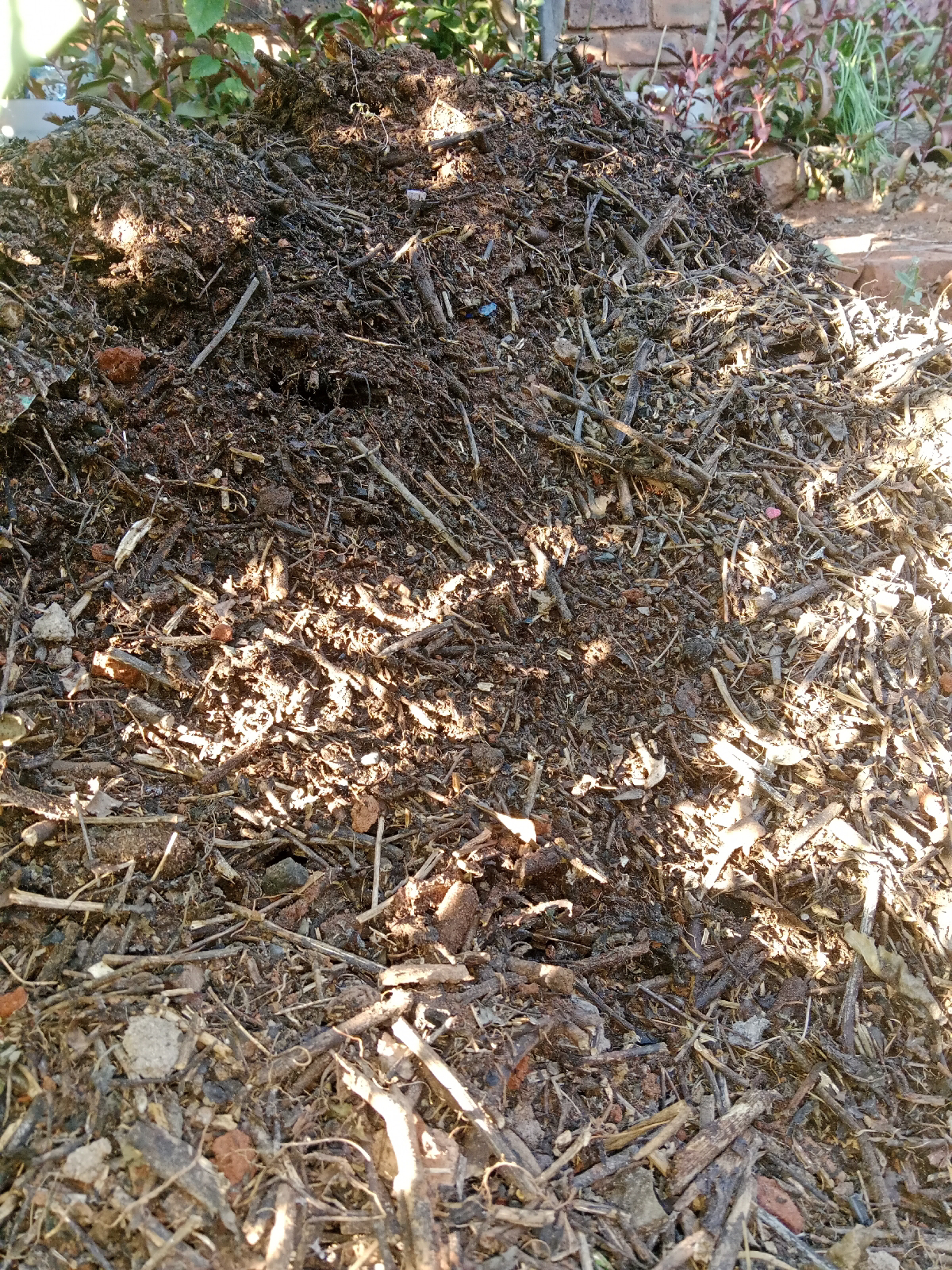The Changing Landscape of Food Production: Is Your Backyard Ready?
In recent years, the landscape of food production has undergone significant transformation. Climate change, urbanization, and a growing awareness of sustainable living have prompted a shift towards more localized and personal food production methods. One of the most accessible and impactful ways individuals can contribute to this movement is by transforming their backyards into productive gardens. But is your backyard ready to become a miniature farm? Let's explore the trends driving this change and how you can prepare your own slice of the outdoors for food production.
The Drive Towards Localized Food Production
Several factors are contributing to the push for more localized food production:
1. Climate Change and Environmental Concerns: As the global climate becomes increasingly unpredictable, traditional farming faces numerous challenges. Droughts, floods, and extreme weather events disrupt crop cycles and reduce yields. Localized food production, such as backyard gardening, offers a buffer against these disruptions, providing a more controlled environment for growing food.
2. Health and Nutrition: There's a growing awareness about the benefits of consuming fresh, organic produce. By growing your own vegetables and fruits, you can ensure that your food is free from harmful pesticides and chemicals. This not only enhances nutritional value but also promotes better health.
3. Food Security: Recent global events, including the COVID-19 pandemic, have highlighted the vulnerability of global supply chains. Local food production can increase food security by reducing dependency on distant sources and ensuring a steady supply of fresh produce.
4. Sustainability and Environmental Impact: Transporting food over long distances contributes significantly to carbon emissions. By growing food locally, you can reduce your carbon footprint and contribute to a more sustainable food system.
Preparing Your Backyard for Food Production
If you're inspired to turn your backyard into a productive garden, here are some steps to get started:
1. Assess Your Space: Evaluate the size of your backyard and the amount of sunlight it receives. Most vegetables and fruits need at least six hours of sunlight daily. Identify areas with good drainage and consider using raised beds if your soil quality is poor.
2. Plan Your Garden: Decide what you want to grow based on your climate and personal preferences. Consider starting with easy-to-grow vegetables like tomatoes, lettuce, and herbs. Companion planting, where certain plants are grown together to enhance growth and deter pests, can also be a useful strategy.
3. Soil Preparation: Good soil is the foundation of a successful garden. Test your soil to determine its pH and nutrient levels. Amend it with compost, organic matter, and other necessary nutrients to create a rich, fertile environment for your plants. Don't worry about the testing this is for profeassionals, you will get there when the time is right.
4. Water Management: Efficient water use is crucial. Install a rainwater harvesting system or use drip irrigation to conserve water. Mulching can help retain soil moisture and reduce the need for frequent watering. This can be a very expensive exercise if badly implemented.
5. Pest and Disease Control: Opt for natural pest control methods to keep your garden organic. Beneficial insects, such as ladybugs and bees, can help manage pests. Crop rotation and proper spacing can prevent the spread of diseases.
6. Seasonal Planting: Learn about the planting seasons in your region. Successive planting, where you plant crops in intervals, can ensure a continuous harvest throughout the growing season.
Embracing the Change
The shift towards backyard food production is more than just a trend; it's a response to pressing global challenges and a step towards a more sustainable future. By transforming your backyard into a productive garden, you contribute to food security, promote health, and reduce your environmental impact.
Moreover, #gardening offers numerous personal benefits. It's a rewarding hobby that provides physical exercise, mental relaxation, and the joy of watching your efforts bloom into tangible, edible results.
So, is your backyard ready? With a bit of planning and effort, anyone can turn their outdoor space into a thriving source of fresh, nutritious food. Embrace the changing landscape of food production and start your backyard garden today. Your future self, and the planet, will thank you.
.jpg)




